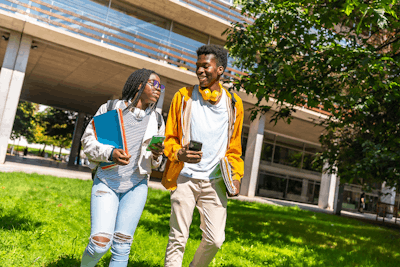A new nationwide survey of more than 1,100 incoming college freshmen reveals a generation that is redefining what it means to be "college-ready," with mental health awareness and social connection taking precedence alongside traditional academic preparation.

"Today's students aren't waiting until a crisis to think about mental health; they're arriving already aware of its role in their success," said Dr. Nicole Trevino, Vice President for Student Success at TimelyCare. "This generation is normalizing help-seeking, not hiding it, and expecting institutions to meet them with care that is visible, accessible, and stigma-free."
While nearly two-thirds of incoming students describe themselves as "thrilled," "optimistic," and "cautiously excited" about starting college, they face unprecedented financial pressures. The survey found that 87% of new students plan to work at least part-time while enrolled, with 14% expecting to take on full-time employment.
These economic realities are compounded by broader societal concerns. Sixty-one percent of students report anxiety about the current political climate, while 58% express concern about the social climate. More than half worry about keeping up with academic demands while managing these multiple pressures.
"Students are juggling far more than academics," Trevino noted. "They're balancing jobs and family obligations, managing emotional health, and staying tuned in to cultural and political tensions, all while trying to succeed in school."














